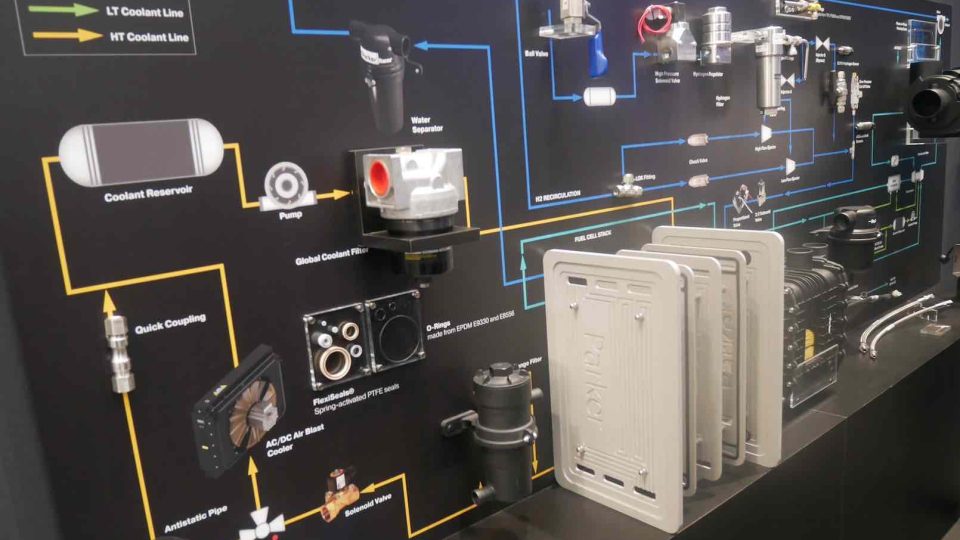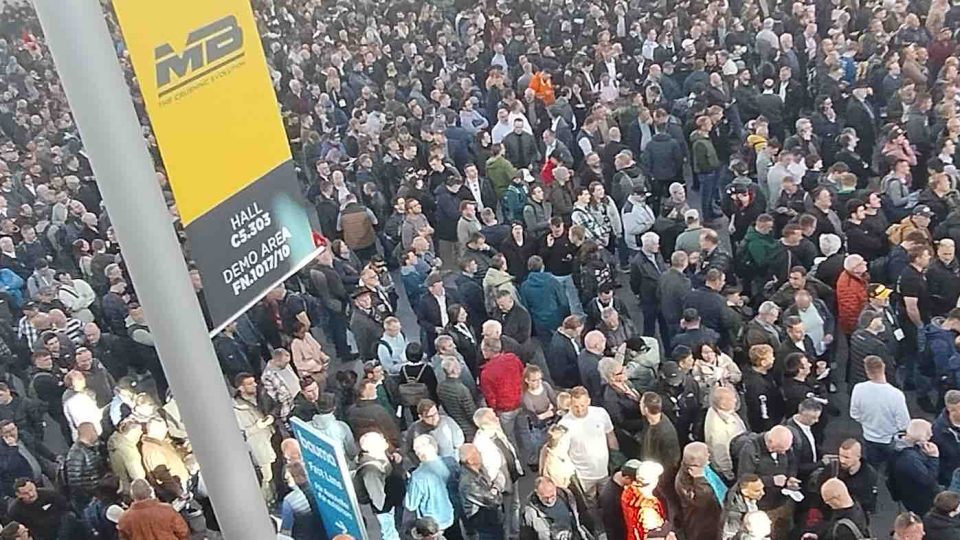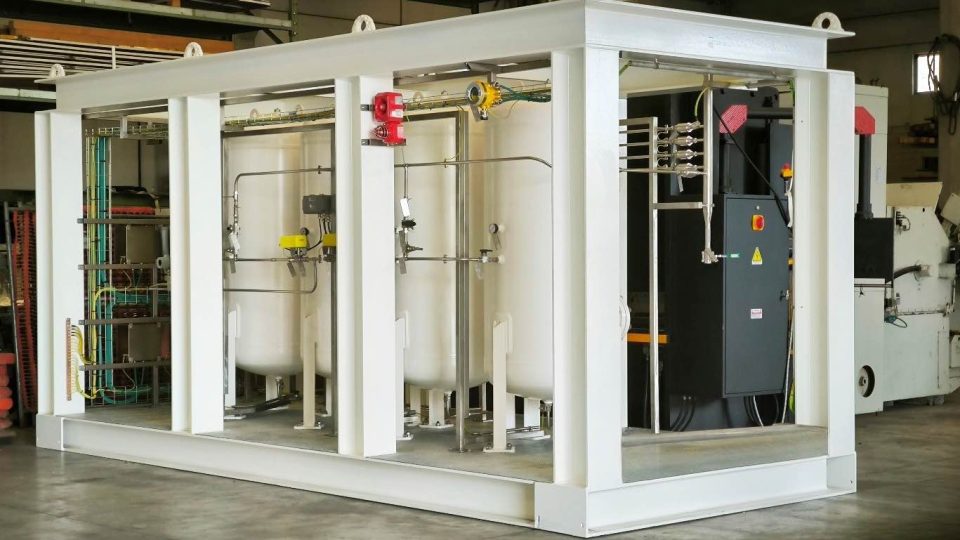Wärtsilä 31DF engine reduces methane emissions
New version of the Wärtsilä 31DF engine reduces methane emissions by an additional 41% on average
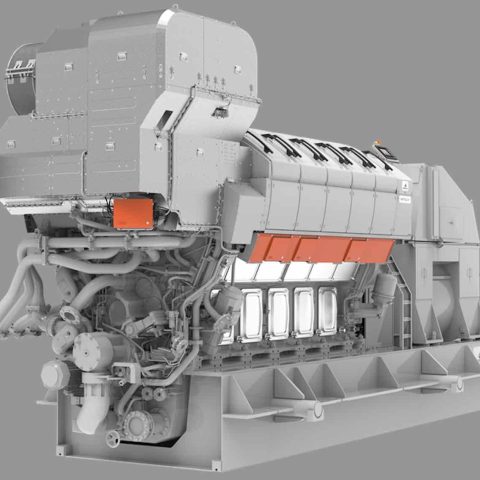
The Wärtsilä 31DF engine is proof that emissions reductions can also be achieved from existing engines. The Finnish company has introduced a new ultra-low emissions version of its already efficient 31DF engine. Whilst operating on LNG, this new version can further reduce methane emissions on a 50% load point by up to 56& and NOx by up to 86%. On a weighted average, this new technology can reduce methane emissions by 41% more than the standard Wärtsilä 31DF engine, which has already the lowest emission levels on the market.
How to reduce emissions? The case of Wärtsilä 31DF
The new version, which is applied on one of the four engines on board Wasaline’s Aurora Botnia ferry, has already helped the Finnish-Swedish ferry operator further reduce the Aurora Botnia’s methane emissions by 10 percent. As part of the EU co-funded Green Ray and SeaTech projects, Wärtsilä piloted the ultra-low emissions concept onboard the Aurora Botnia with results verified through an independent study conducted in December 2022 by VTT, the Technical Research Centre of Finland. Encouraged by the positive results, Wärtsilä has now launched the new ultra-low emissions version of the Wärtsilä 31DF engine to the commercial market.
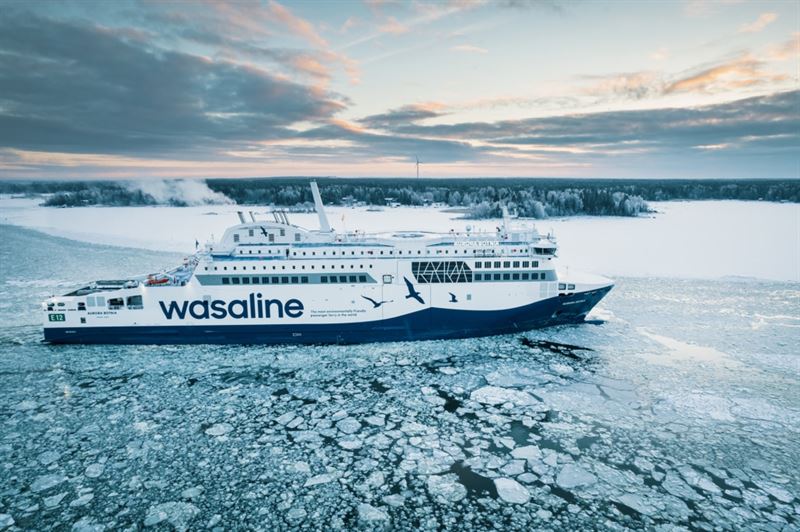
Quoting Wärtsilä and Wasaline
“We are very committed to decarbonisation, and we have worked closely with Wärtsilä to make sustainable shipping a reality. It is a goal-oriented partnership that benefits both companies, as well as the industry as a whole. We have been pleased to allow the ‘Aurora Botnia’ to be utilised as a floating laboratory, and we are excited to see the success of this latest Wärtsilä technology breakthrough,” commented Peter Ståhlberg, Managing Director of Wasaline.
“Our work around reducing methane slip and GHG emissions is part of Wärtsilä’s effort to continuously improve efficiency and reduce emissions of our products, and this new innovation is one more very important step along the road to decarbonisation,” commented Stefan Nysjö, Vice President of Power Supply, Wärtsilä Marine Power. Nysjö continued: “The building of an LNG fuel infrastructure has been an important factor in shipping’s transition towards cleaner operations, and Wärtsilä continues to create solutions that support this journey. Our focus has always been to improve and optimise existing solutions, and to develop exciting new ones. With this latest introduction, we are clearly delivering on this commitment.”





